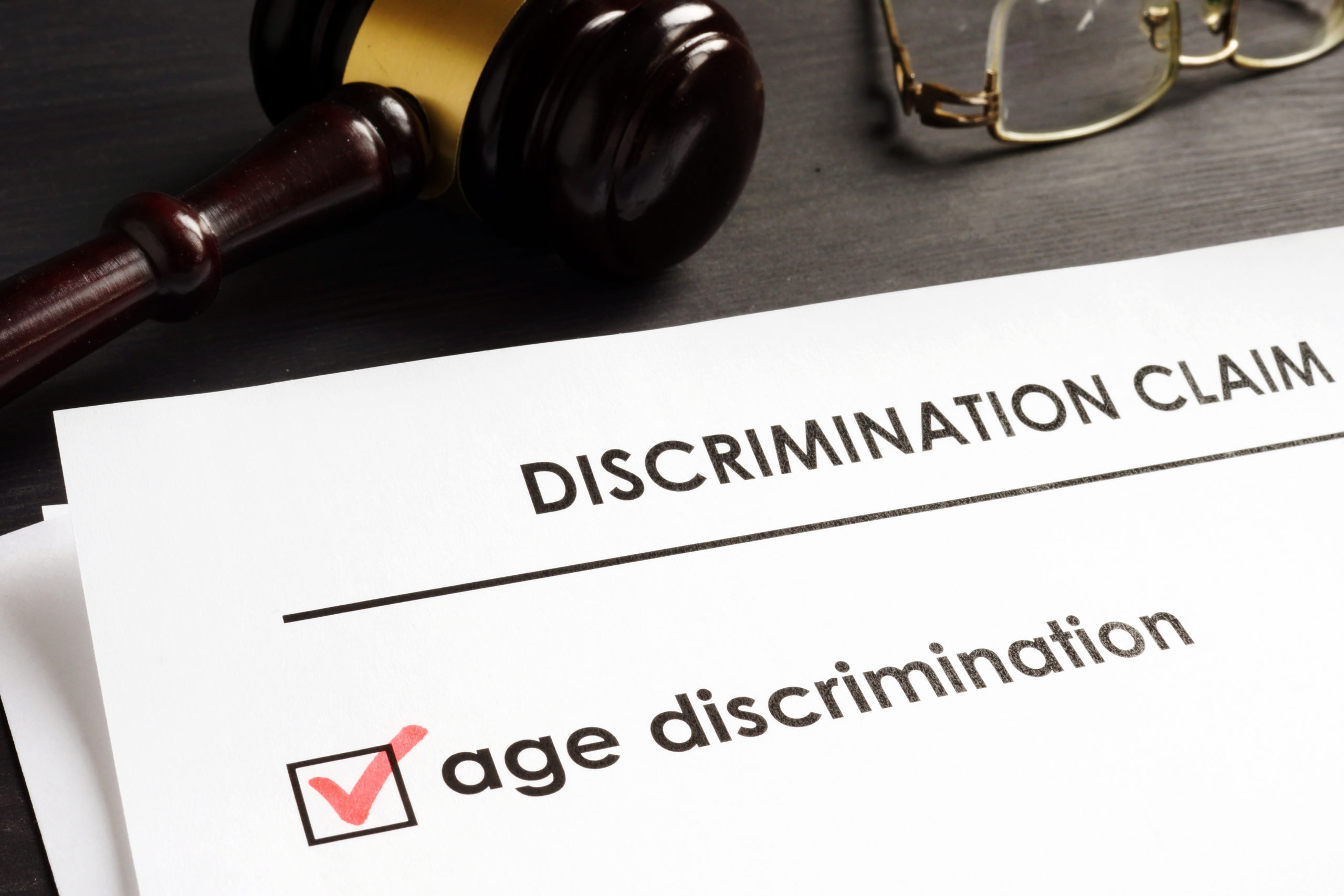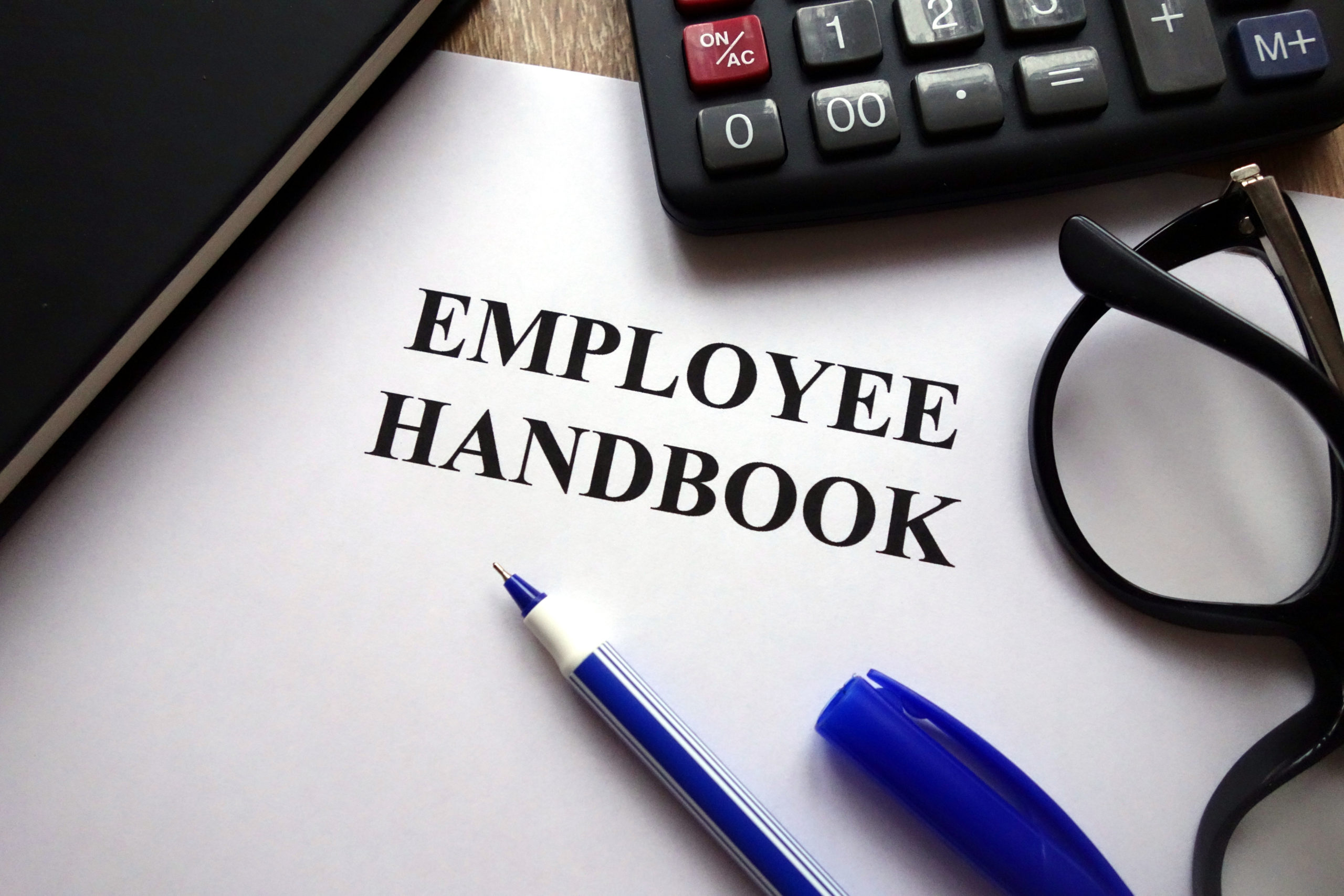Wine collectors understand the value of holding on to certain vintages and varietals. Wines such as rich, buttery chardonnays and high-tannin cabernet sauvignons tend to improve as they grow older. Hence the timeless adage of “Aging like fine wine.”
Unfortunately, the timeless adage appears not to have the same relevance in the workplace.
Despite the federal government making age discrimination illegal in the workplace, a study conducted by three researchers revealed that age discrimination is alive and well in the workplace. The study showed older job candidates received fewer requests for interviews than the number of interview requests given to younger job candidates,
During the fiscal year of 2019, the Equal Employment Opportunity Commission (EEOC) received more than 15,000 complaints about employment discrimination based on age. Add to that the thousands of older workers that do not contact the EEOC and we have a serious employment law issue on our hands.
If you face age discrimination at work, you should know the Age Discrimination in Employment Act (ADEA) protects workers that face discrimination based on their age.
Overview of the ADEA
Enacted three years after the passage of the Civil Rights Act of 1964, the ADEA prohibits age discrimination at organizations that have a minimum of 20 employees. Although subsequent legislation prohibits age discrimination of any kind, the ADEA focuses on workers that are at least 40 years old. According to the ADEA, it does not matter the age of the individual that commits age discrimination.
The ADEA makes the following acts of age discrimination illegal:
- Employers cannot terminate workers because of age
- Age cannot be a factor in making recruitment and hiring decisions
- Compensation cannot be determined based on a worker’s age
- Employers are forbidden from using age to limit advancement opportunities
- Employers cannot hand out work assignments based on age
- Employees in leadership positions cannot create a hostile work environment by harassing workers over the age of 40
- Managers can not create policies that adversely impact workers and job candidates
- Employers cannot use age when making decisions regarding staff cuts
Employers can take age into account only when making employment-related decisions that follow local, state, and/or federal laws. For example, a restaurant operating in California cannot hire bartenders that are younger than 21 years old, which is the state’s minimum drinking age.
Proving Age Discrimination in the Workplace
Proving employment discrimination of any kind is difficult to do since many complaints come down to the word of two or more employees. Age discrimination is perhaps the toughest type of employment discrimination to prove because most managers do not state that age is the reason for termination or early retirement. The most influential evidence you can collect includes thorough daily records of any incidents of discrimination, as well as witness accounts given by co-workers.
Evidence of age discriminatory acts can also include the following”
- Sudden decline in your performance reviews
- Your employer disciplines you for actions that younger workers do not receive discipline for the same actions
- Younger workers are hired and promoted more frequently than older workers
- You are assigned to tasks that younger workers with less experience typically handle
Each of these types of evidence leaves a paper trail that you can use when you file an age discrimination claim. For example, your employer keeps the results of performance reviews that go back several years. You can use the performance reviews paper trail to prove an act of age discrimination.
A United Supreme Court decision issued in 2009 took a little bit of the legal bite out of the ADEA. According to the Supreme Court decision, plaintiffs in age discrimination cases must meet a higher standard of proving allegations of age discrimination than the standard of proof standards established for other types of employment discrimination.
Filing an Age Discrimination Claim
If you face age discrimination at work, you should consider filing a complaint with the EEOC. Since California has the Fair Employment and Housing Act that mirrors the legal language of the ADEA, employees have 300 days to file an age discrimination complaint.

Job candidates that feel legally slighted because of their age have just 45 days to file a complaint with the EEOC.
Access the EEOC Public Portal to submit a question, file a complaint, or schedule a telephone interview. Working with an experienced employment attorney can help strengthen your complaint.





